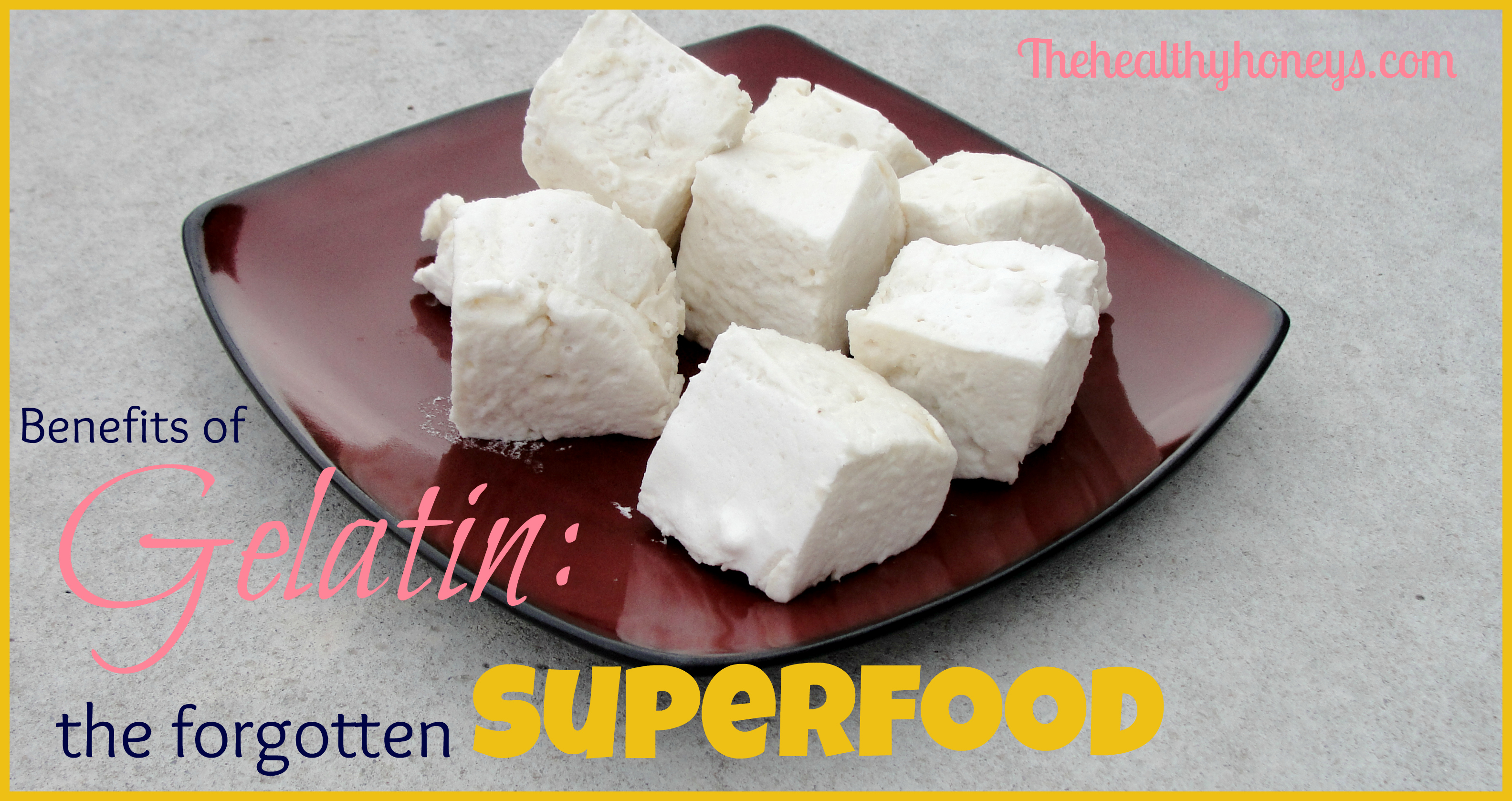
Better sleep: glycine has a calming effect on the brain and can help lower core body temperature, resulting in improved sleep quality.Strong muscle: glycine can help prevent muscle loss and preserve muscle mass glycine is also required by our bodies to make creatine, which provides energy to our muscles.Antioxidant properties: glycine is required by our bodies to make glutathione, a powerful antioxidant that protects our cells from oxidative damage, which is cause of many diseases.

The health benefits of increasing glycine consumption include: This is even more important for people with certain conditions that slow down glycine production, such as rheumatoid arthritis.īut why is glycine so important? Glycine is required by our bodies to grow and maintain tissues and synthesizing hormones and enzymes. However, glycine production in our body is not enough to cover our daily requirements, which is why we need to consume glycine through our diet to meet our body’s needs. Glycine is not considered an essential amino acid, meaning that our body can synthesize it by converting an other amino acid, serine. Collagen and amino acids: the importance of glycineĪs we have seen, restocking your own body collagen is vital to support your health, but the benefits of consuming collagen go way beyond that!Ĭollagen has a unique amino acid profile compared to other proteins, with high content of proline and glycine. Finally, growing children also benefit from consuming a collagen-rich diet, which can help sustain proper bone and muscle growth, and promote gut health. Importantly, collagen also sustains proper baby’s development and can help mom recover faster after delivery. Consuming more collagen during pregnancy can help prevent stretch marks and achy joints.
#Benefits of gelatin skin
Because collagen also forms the soft framework of our bones, consuming collagen can help sustain bone health and prevent osteoporosis.īecause collagen promotes skin and joint elasticity, it’s vital during pregnancy, when a woman’s skin and joints are stretched to the max. That’s why collagen is also very important for maintaining a healthy gut and preventing (or healing) problems such as intestinal permeability and irritable bowel syndrome (IBS). Yes, that’s right, blood vessel walls are made of collagen, too! Do you know what else is made of collagen? Your digestive tract lining.

When our body becomes deficient in collagen, our skin gets more wrinkly and our hair thinner, our joints and muscles get sore and stiff, and even our blood pressure can become abnormal. Factors such as certain autoimmune conditions, improper nutrition (such as lack of Vit C, excess sugar consumption), and unhealthy lifestyle (such as lack of sleep and exercise) can all contribute to slowing down collagen synthesis. Collagen production naturally slows down around the mid-20s and keeps getting lower as we age. All the health benefits of collagen and gelatin Collagen for your own collagenīecause collagen is the most abundant protein in our body, having enough is vital! When our bodies become deficient in collagen, our health and appearance are affected. This means that you can use collagen and gelatin interchangeably in many recipes unless you need a recipe to gel (use gelatin), or you don’t want a recipe to gel (use collagen).

Other than that, collagen and gelatin have a very similar amino acid profile and similar health benefits. Gelatin will gel when it’s heated and then cooled, while collagen will not. The main difference between collagen and gelatin is their chemical form and behaviour. Gelatin is a common ingredient in many products, such as candies, sauces, soups, and even cosmetics and medications. This is why bone broth is gelatinous upon cooling. So, when you make bone broth by simmering the collagen contained in animal bones, you’re converting it into gelatin.

This occurs, for example, when collagen is heated. Gelatin is a form of partially hydrolyzed collagen, which means that the collagen’s proteins are broken down into smaller parts (amino acids and peptides). Guess what, that’s why we get wrinkles and more joint pain as we get older! For this reason, increasing collagen consumption is a natural way to slow the ageing process. Collagen synthesis, however, naturally slows down as we age. It’s the most abundant protein in our body and it’s naturally synthesized. What is the difference between collagen and gelatin?Ĭollagen is the protein that makes up all animals’ (including ours) connective tissues, such as skin, tendons, bones, and cartilage. This post contains affiliate links, which means I make a small commission at no extra cost to you.


 0 kommentar(er)
0 kommentar(er)
